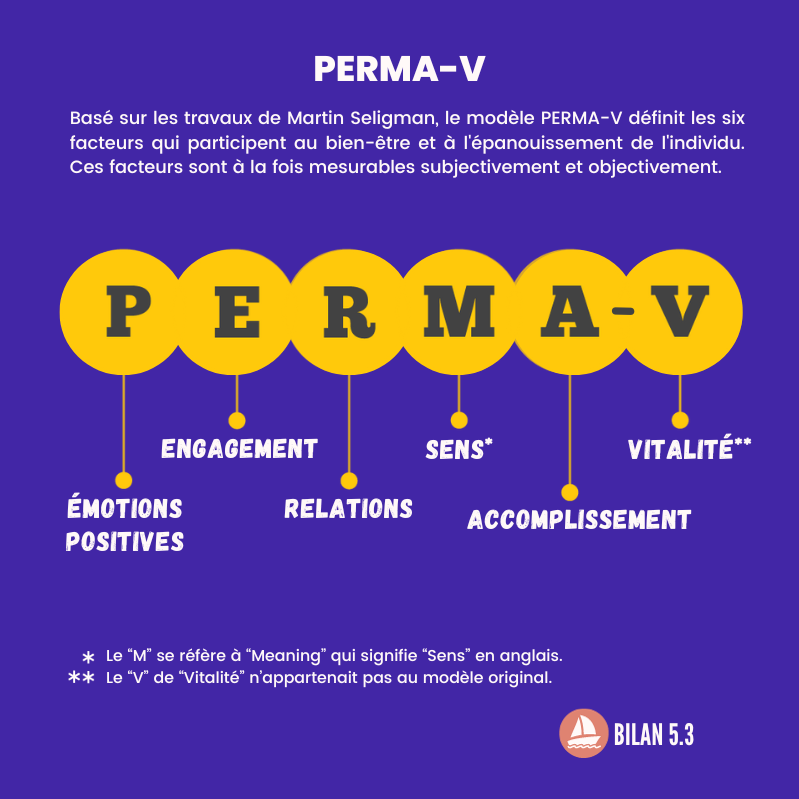
July 6, 2010 – People with fibromyalgia could improve their physical and psychological condition by combining cognitive behavioral psychotherapy and an exercise program tailored to their needs.
This is what a small study shows1 Dutch study on 158 people with fibromyalgia, whose symptoms cause significant psychological distress.
The researchers separated people who avoided all physical activity because they were afraid of making their pain worse, and those who did activities despite the pain.
The subjects of the 2 groups were then randomized: some followed 16 sessions of cognitive behavioral therapy and the others were placed on a waiting list.
However, all participants underwent exercise sessions supervised by a physiotherapist.
Physical and psychological benefits
Results: After the treatment period – and 6 months later – two-thirds of people who participated in both psychotherapy and physical training improved their physical well-being more (less pain, fatigue and limitation) than patients who were on the waiting list.
A decrease in symptoms of anxiety and depression was also felt in 62% of psychotherapy subjects compared to 33% of people on the waiting list.
In addition, almost 60% of psychotherapy patients also observed noticeable changes in the practice of their daily activities, such as walking, climbing stairs and doing their household chores.
According to the researchers, combining cognitive behavioral therapy and adapted physical training helps to keep patients physically and psychologically more functional in their daily activities.
The physical training included a period of relaxation, a series of aerobic exercises (bicycle, gymnastic exercises) and sessions of hydrotherapy or stretching and flexibility.
Psychotherapy for people seeking to escape pain aimed to help them overcome their fear and set goals to increase their daily activities. Rather, the therapy sessions for active people were intended to encourage them to set more realistic goals for the pace and intensity of their daily activities to avoid overindulging.
Carole Boulé – PasseportSanté.net
1. van Koulil S, van Lankveld W, et al, Tailored cognitive-behavioral therapy and exercise training for high-risk fibromyalgia patients, Arthritis Care & Research, June 2, 2010.













